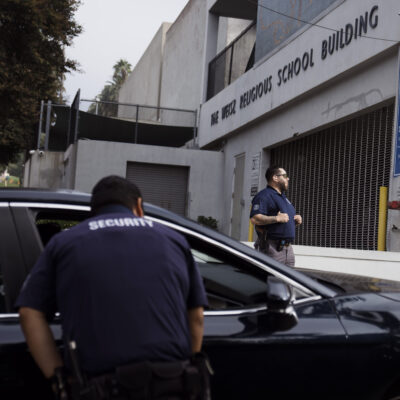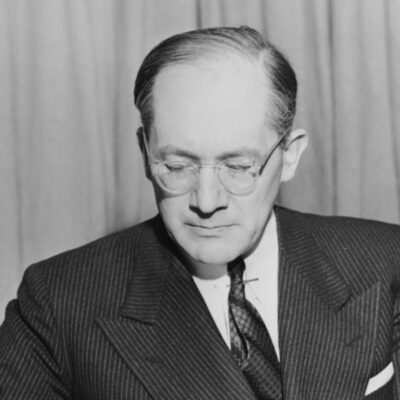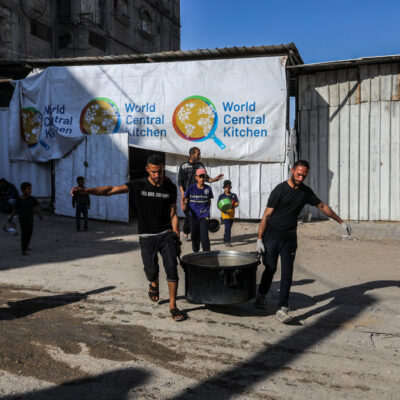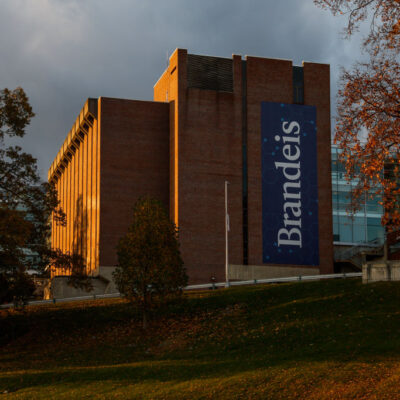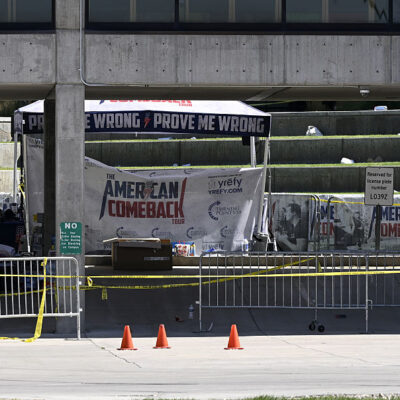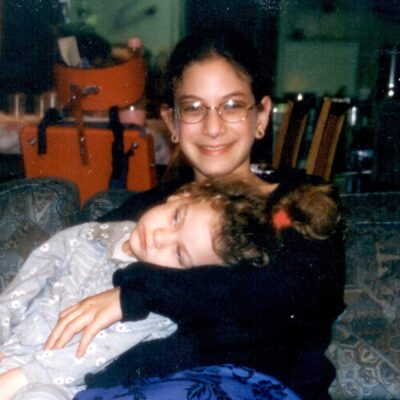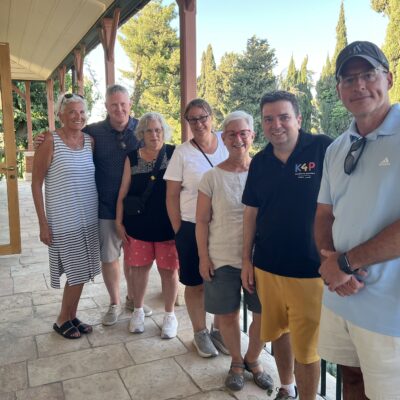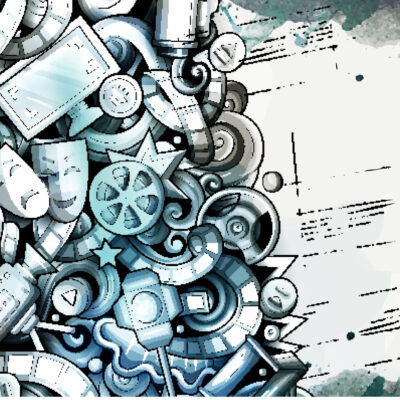Opinion
HEARTS HELD HOSTAGE
Grieving and facing unbearable choices, we preserve our strength by striving for unity
How can it be that with all of our prayers and hopes and work, six hostages — including Hersh Goldberg-Polin — were killed in cold blood last week? How can it be that they survived captivity for over 300 days, and yet when the IDF was close by, Hamas terrorists slaughtered them?
How can it be, after all of the hard work of their families to get their loved ones home, that they didn’t return alive?
The whole Jewish world is broken-hearted. Jerusalem was in deep mourning on Monday. Many tell me that they are shattered.
I am also brokenhearted. But I am not surprised.
When I heard the news of the death of the hostages and found out they were shot, I thought: Thank God they weren’t beheaded like Daniel Pearl. Thank God they weren’t stoned to death with rocks like my son Koby and his friend Yosef, murdered in 2001 when they were 13 years old.
I know that’s little comfort when you are dealing with evil. But this cruelty is not new.
For many who grew up in a post-Holocaust America when antisemitism was on the wane — when Jews were not just accepted, but celebrated — Jew-hatred comes as a shock. Yet the hatred is not entirely surprising. It was there, latent. My friend Roochie, whose Polish Jewish father lost his wife and children in the Holocaust and then rebuilt his life in New York, always told her that antisemitism could return.
For many of us, though — my family and others who lost loved ones in the Intifada, people who lost their families in the Holocaust — our innocence was shattered long before Oct. 7. We know the cruelty and evil of the enemy. They are sworn to our destruction. They do not want any Jew to live in this land. They would exterminate us all if they could.
Children were murdered in their beds during the Intifada. In 2011, a 12-year-old girl, Tamar Fogel, went home and found her parents and three siblings dead, the house streaked with blood. Her 2-year-old brother was lying next to his bleeding parents, shaking them with his hands and trying to get them to wake up. His parents and three siblings were dead.
Our enemy is evil.
Yet even when evil seems to win, to have authority, to have its dominion, we can still hope. We do not have to give in to despair, even as we face untenable choices.
On the one hand, to retreat from Rafah before Hamas is eradicated and to release Palestinian prisoners puts our future in danger. At the Koby Mandell Foundation, we have worked with too many families of terror victims who were killed by released Palestinian terrorists. The price of releasing terrorists only for them to murder again is too high. Consider this: Yahya Sinwar was sentenced to four life sentences for orchestrating the abduction and murder of two Israeli soldiers and four Palestinians that he considered collaborators; and then 22 years later in 2011, he was released in a prisoner exchange for Gilad Shalit. We allowed the mastermind of Oct. 7 his freedom. We don’t want to have to pay that price again.
And yet, on the other hand, we have to bring our hostages home. We have to release them from the hell of their captivity. We have to prove that the Jewish state is indeed a home that protects us.
I am glad I don’t have to make these decisions, because they are unbearable. If I were the mother of a hostage, I would fight with every breath to bring them home, as the Goldberg-Polins did; and if I were the mother of a fallen soldier who gave his life so that terrorists in Gaza would not be able to strike again, I would probably be against any prisoner release and retreat from Gaza. We need to destroy the evil of the Hamas regime so that they lose their power — so they are crushed and unable to attack us ever again.
We need to support each other in this terrible devastating war. We need to realize that Hamas has a strategy to foment discord within us, to fracture us, so our goal must be to disagree without violence and without splitting the nation and leadership apart; to respect our differences but to know that our differences can give us strength. We don’t have to succumb to Hamas’s psychological warfare, and in all of this turmoil and catastrophe, we cannot let the enemy shatter our unity.
Our government did not kill the hostages. Hamas did.
Sherri Mandell is the co-founder of the Koby Mandell Foundation, which runs programs for children and families whose loved ones have been murdered by terrorists. She lives in Israel.

 Add EJP on Google
Add EJP on Google